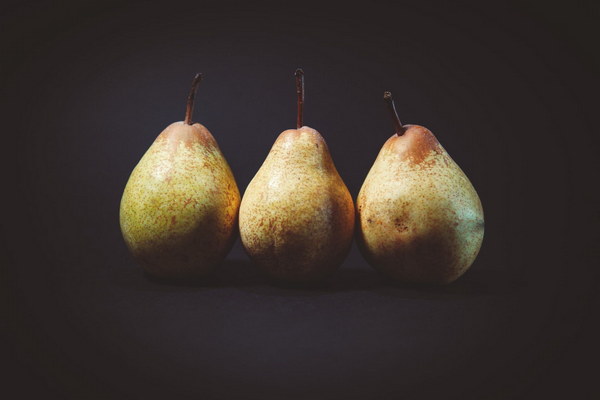Harvesting Health A Journey Through the Li Dong Festival and Its Wellness Traditions
As the crisp autumn air heralds the arrival of Li Dong, or the Start of Winter, I find myself drawn to the rich tapestry of traditions that come with this festival. This year, I've decided to chronicle my experiences and reflections in a diary, capturing the essence of the season and the wisdom of ancient wellness practices. Here's a glimpse into my journey through the Li Dong Festival and its healthful customs.
Day 1: The Arrival of the Festival
The morning of Li Dong began with the sound of rustling leaves and the scent of incense. I awoke early, the first light of dawn filtering through the window. It was a peaceful moment to reflect on the significance of the day. Li Dong marks the beginning of winter, a time when the body and mind need extra care to stay balanced and healthy.
I began my day with a traditional breakfast of congee, a warm, soothing porridge often enriched with ginseng or goji berries. This was a nod to the festival's emphasis on nourishing the body with warming foods to combat the cold season ahead.
Day 2: The Rituals of Renewal
As the festival progressed, I delved deeper into the rituals designed to promote health and longevity. One of the most intriguing practices was the Winter Bath, where people take a bath with cold water, believed to strengthen the immune system and increase vitality. While I didn't dare attempt the full plunge, I did enjoy a refreshing rinse to invigorate my senses.
In the afternoon, I visited a local temple where the air was thick with the smoke of incense. I offered prayers for good health and prosperity, and as I left, I felt a sense of peace and gratitude for the traditions that have stood the test of time.
Day 3: The Art of Acupuncture
The next day, I embarked on an enlightening journey to learn about traditional Chinese medicine. I had the opportunity to witness an acupuncture session, where fine needles were inserted at specific points on the body to balance the flow of energy. The practitioner explained how this ancient practice can alleviate pain, boost the immune system, and enhance overall well-being.
It was a humbling experience to see the precision and care involved in this healing art. I left with a newfound respect for the wisdom of the ancients and a desire to explore more of these practices in the future.
Day 4: The Wisdom of the Elders

In the final days of the festival, I sought out the elders in my community to hear their stories and learn from their experiences. They shared tales of their youth, their challenges, and the lessons they've learned about health and wellness over the years.
One elder, a spry 85-year-old, spoke of the importance of regular exercise, a balanced diet, and the power of positive thinking. Her words resonated deeply with me, and I realized that the essence of Li Dong is not just about the rituals, but about the wisdom and values that have been passed down through generations.
Day 5: Reflecting on the Festival
As the festival drew to a close, I took a moment to reflect on the past week. The Li Dong Festival had been a transformative experience, teaching me valuable lessons about health, wellness, and the importance of tradition.
I left the festival with a renewed sense of purpose, determined to incorporate some of the practices I've learned into my daily life. The festival had not only enriched my spirit but also provided me with practical tools to maintain my health and well-being during the coming winter months.
In the end, the Li Dong Festival was not just a celebration of the change of seasons, but a celebration of life itself. It reminded me that health is a journey, one that we are all on together, and that the wisdom of our ancestors can guide us along the way.
As the ink dries on the final entry of my Li Dong diary, I feel a sense of fulfillment and gratitude. This festival has left an indelible mark on my life, and I look forward to carrying its lessons with me as I continue to navigate the seasons and the path to wellness.


